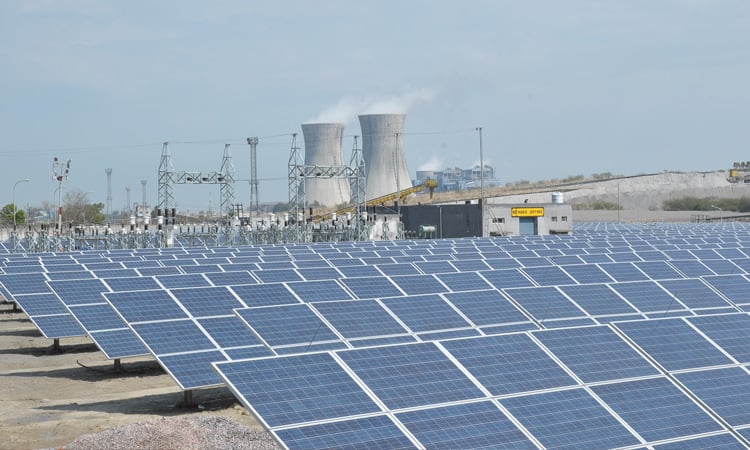
Sustainable Energy for All (SEforALL), an independent organisation, hosted by the United Nations Office for Project Services (UNOPS) has partnered with Indian government-owned electricity generator the National Thermal Power Corporation (NTPC).
As per the agreement, SEforALL will develop the transition roadmap for NTPC, aligning with India’s energy targets. Additionally, SEforALL will estimate NTPC’s investment requirements, diversification opportunities and socio-economic benefits.
Try Premium for just $1
- Full premium access for the first month at only $1
- Converts to an annual rate after 30 days unless cancelled
- Cancel anytime during the trial period
Premium Benefits
- Expert industry analysis and interviews
- Digital access to PV Tech Power journal
- Exclusive event discounts
Or get the full Premium subscription right away
Or continue reading this article for free
“The partnership aims to accelerate clean energy deployment while ensuring that the transition is equitable and financially viable,” a spokesperson for SEforALL told PV Tech.
“The roadmap will support NTPC’s strategic ambitions, aligning it with India’s energy goals. Through close collaboration with NTPC and key national stakeholders, SEforALL will work towards a roadmap that reflects both corporate and national objectives adopted by the country.”
The organisations will use an energy system model (SEM) established by SEforALL, along with open access tools for cost optimisation. According to the firm, the collaboration will analyse demand, fuel prices, and technology trends, helping identify the most cost-effective energy transition routes for expanding projects from pilot to commercial scale.
Additionally, SEforALL will develop the roadmap, including early assessments, stakeholder consultations, and the formulation of key recommendations for NTPC by 2026.
“Through this agreement, SEforALL will help NTPC in finding the right technology providers and market opportunities, including connecting with development banks, climate funds, and multilateral agencies, as well as exploring instruments like Just Energy Transition Partnerships (JETPs), carbon markets, and green bonds.”
Demonstrating public sector enterprises as leader within the industry, this partnership can be replicated and used as a blueprint for organisations within India and around the world, the firm said.
“This collaboration also opens avenues for South-South knowledge exchange, where lessons from India’s experience can inform similar transitions in other developing countries, including Africa and Southeast Asia. This model can serve as a peer-driven framework for capacity building, policy alignment, and investment mobilisation in those contexts.”






